About
Na’eesh Mabadh is a multi-media peacebuilding project which draws inspiration from South Sudan’s strong tradition of storytelling and folklore. In brief, Na’eesh Mabadh aims to gather folktales from diverse communities and use these stories as a springboard for the exploration and dialogue around local concepts of peace and conflict. The project organizers focused on three conflict-affected sites for the first phase of the project: Bentiu, Pibor and Renk. Fieldworkers from communities in the three areas identified people with knowledge of folktales and asked them to narrate the stories in storytelling sessions which were in some cases audio- or video-recorded. To date, the project team has documented over 60 folktales, many of which are accompanied by audio of the storyteller’s narration and photographs or video of the session.
After the session, the project team in Juba collaborated in the translation, final documentation and analysis of the stories.
Select folktales were then adapted into a variety of formats for radio. The Na’eesh Mabadh Arabic language programmes are slated for broadcast in South Sudan throughout 2016. Each programme includes an adapted version of a folktale followed by a facilitated discussion. The programmes are available on this website and we encourage you to listen and share your feedback on this site.
In addition to the radio series, the collection of stories have been collated into a printed anthology and select adapted stories have been staged as street theatre in Renk.
At the inception of Na’eesh Mabadh, the organizers understood the value of the folktales and other materials they would gather, and envisioned an online platform that would serve as both a site for documentation and space for dialogue.This website — South Sudanese Folktales — is now this space. We plan to dedicate a page to every story in our collection and we invite you to explore all the stories: please visit our Folktale Archive page to begin your exploration; the stories with a link are up on the site – the others are forthcoming.
We also invite everyone to submit a folktale to add to the growing archive.
About Our Team
Project Leads
Elfatih Atem
Daniel Awad
Hannah Rounding
Heather Jane
Story Collectors and Transcribers
Ali Majok
Docklace Telmaris Api
Nyechuol Ruai
Ruot George
Tekajwok Stephen
Translators
Banychieng Phar Jor Tut
Gadet Chol Reik
Hiba Morgan
James Mafer Diar
Magdoline Joseph
Tingwa Suzan
Project Trainers / Advisors
Biar Bullen
Joyce Maker
Nyechuol Ruai
Rebecca Lorins
Shaun Matsheza
Tekajwok Stephen




Na’eesh Mabadh in the News!
Na’eesh Mabadh has been fortunate enough to be profiled in several publications. Read more about our programme in the online magazine Andariya (April 2016) and in the South Sudanese newspaper The Dawn (May 2016).
Na’eesh Mabadh Radio Programmes
The Story of the Young Man and the Skull
This programme was inspired by a folktale collected by the Na’eesh Mabadh team.
You Reap What You Sow
This programme was inspired by a folktale collected by the Na’eesh Mabadh team.
The Story about the Birds' Election
This programme was inspired by a folktale collected by the Na’eesh Mabadh team.
The Reckless Monkey and the Cautious Fox
This programme was inspired by a folktale collected by the Na’eesh Mabadh team.
The Story of Chicken and Elephant
This programme was inspired by a folktale collected by the Na’eesh Mabadh team.
Court Case between a Man and Lion over a Missing Cow
This programme was inspired by a folktale collected by the Na’eesh Mabadh team.
Explore the original folktales adapted for Na'eesh Mabadh
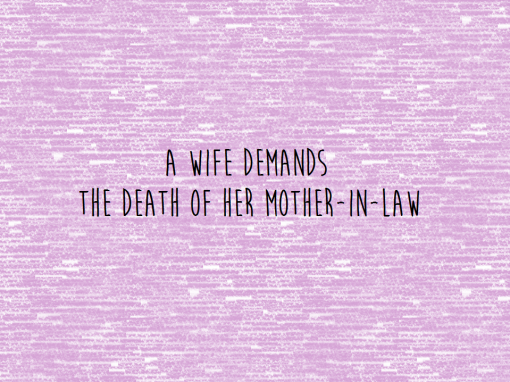
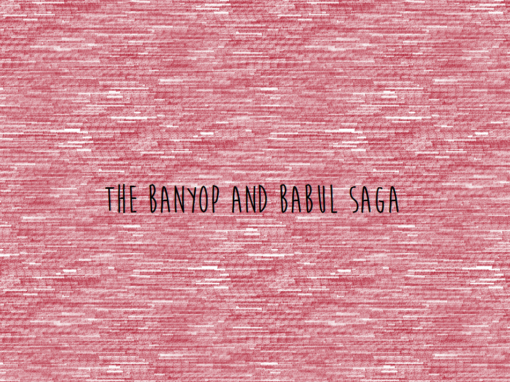
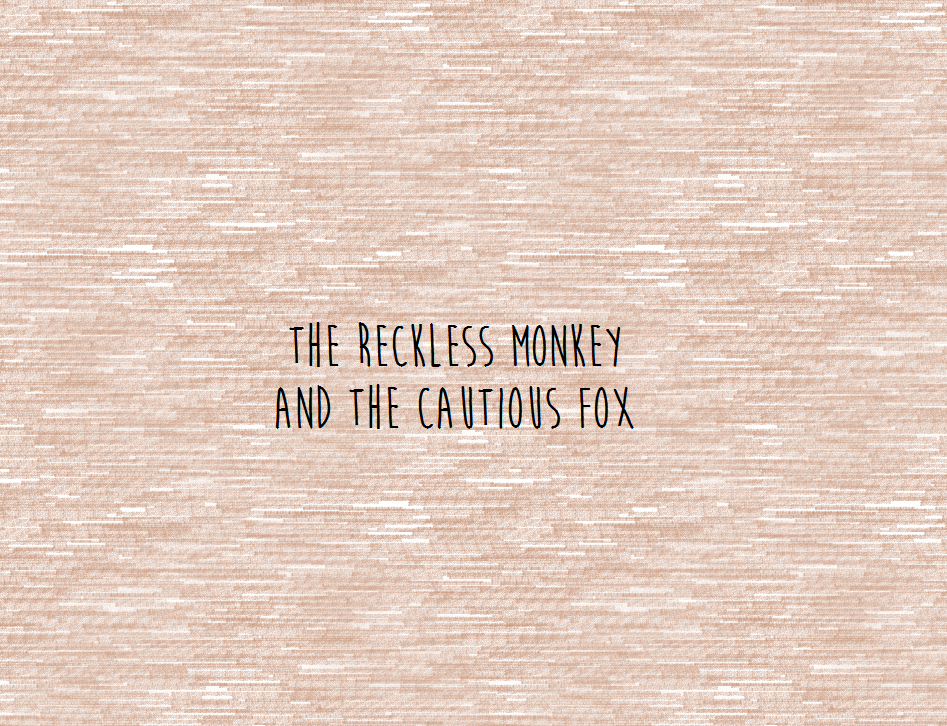
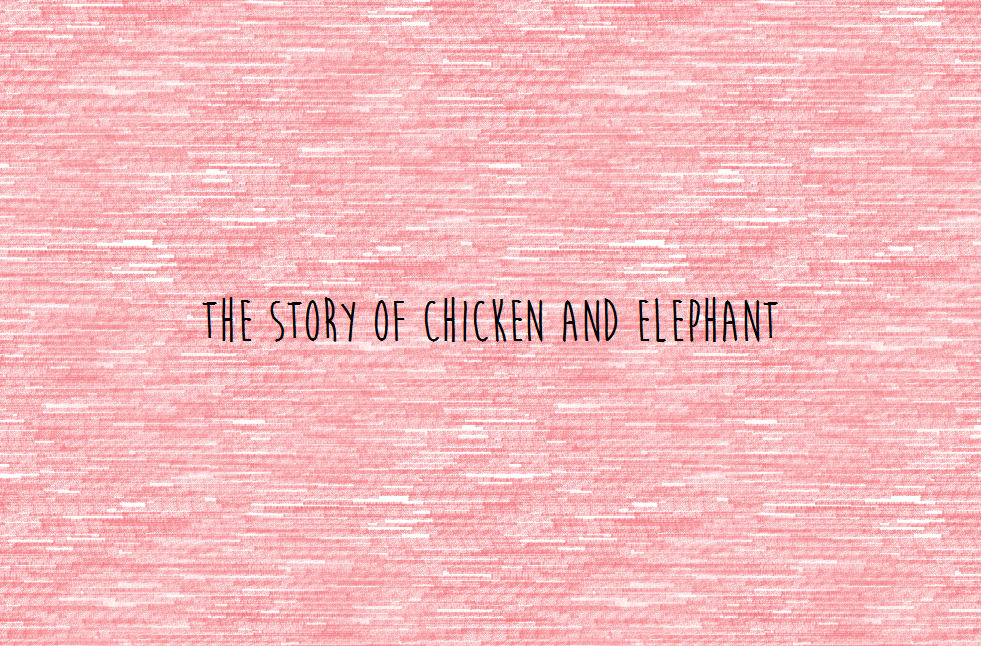
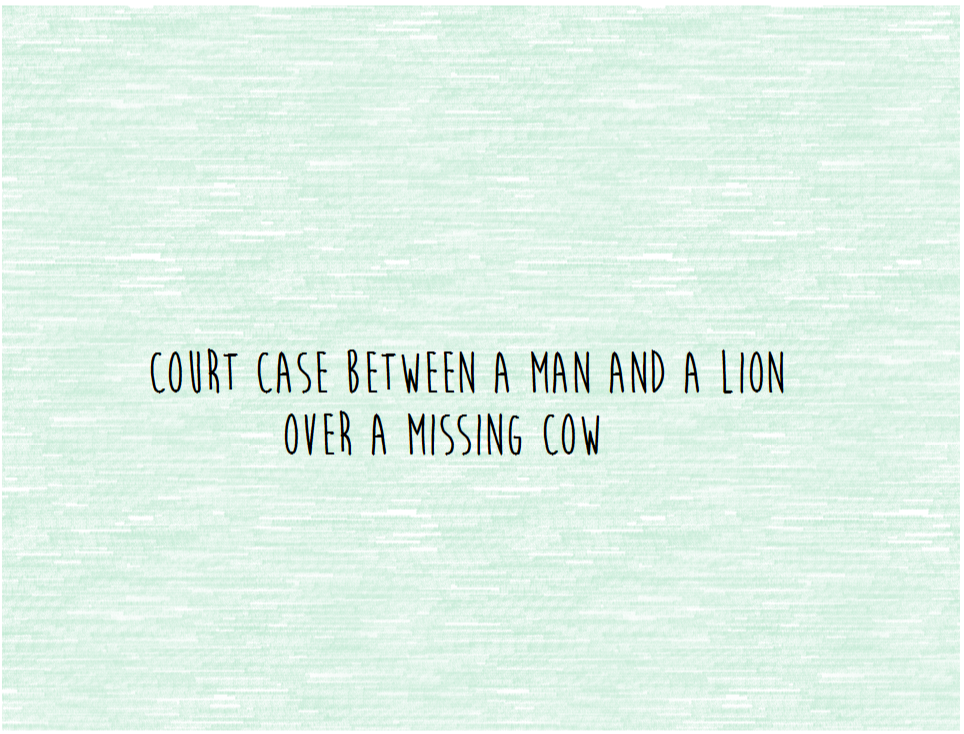
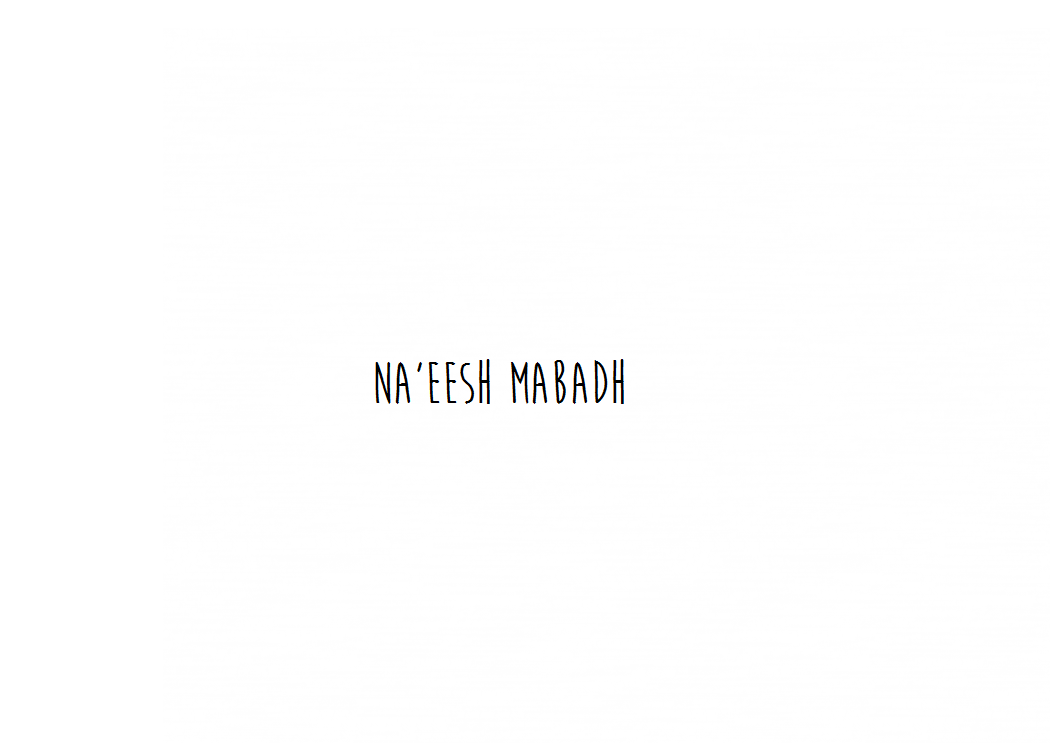
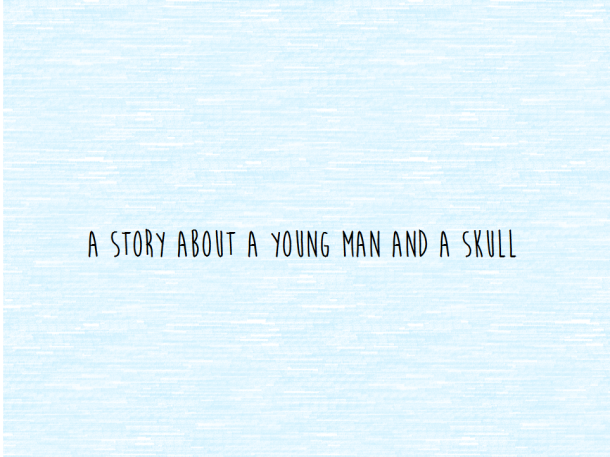
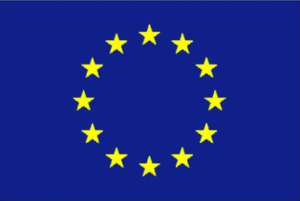
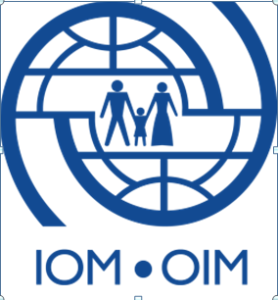
Funding for Na’eesh Mabadh has been provided by the EU through IOM

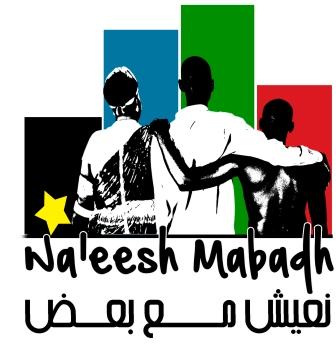
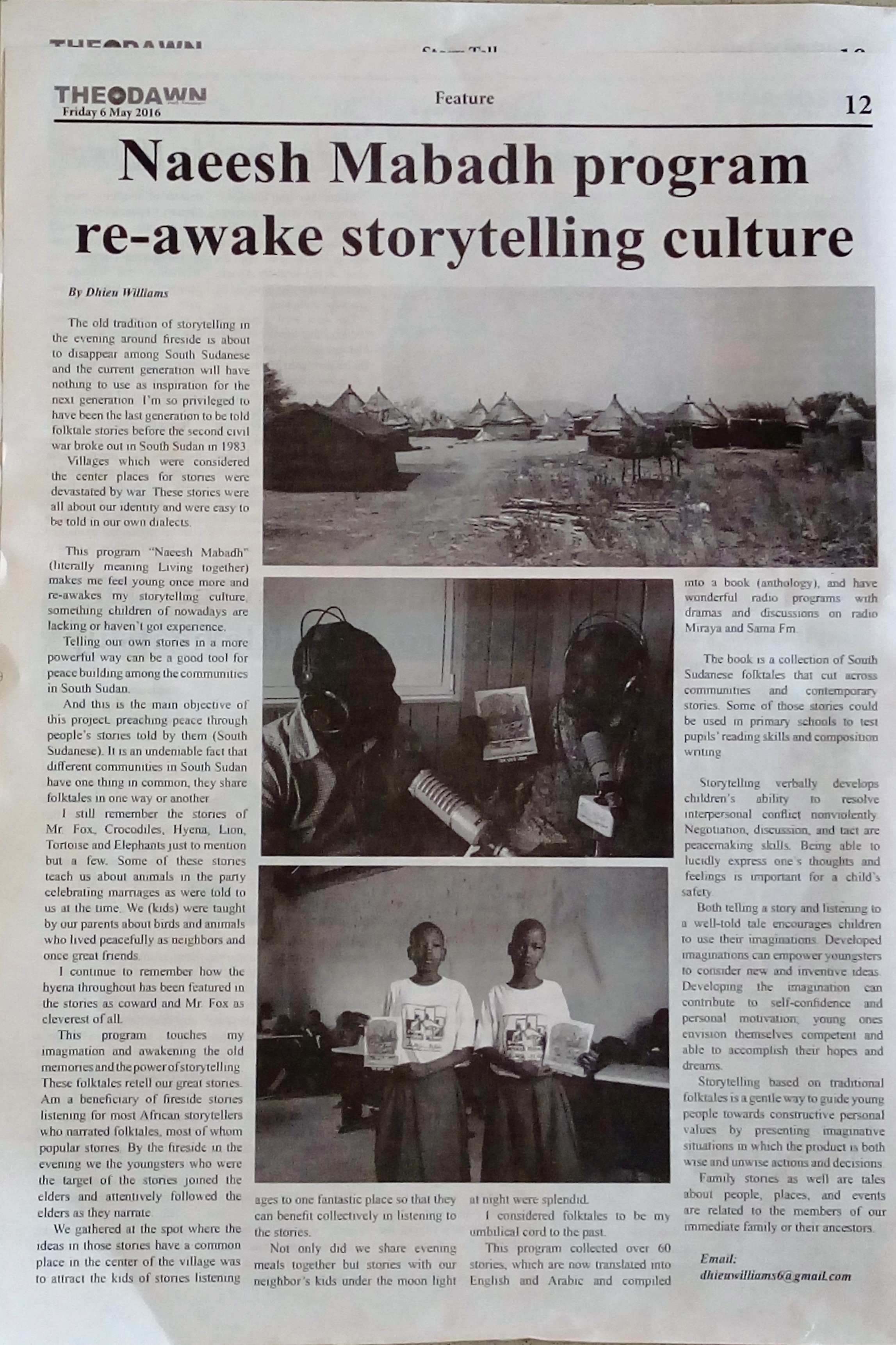
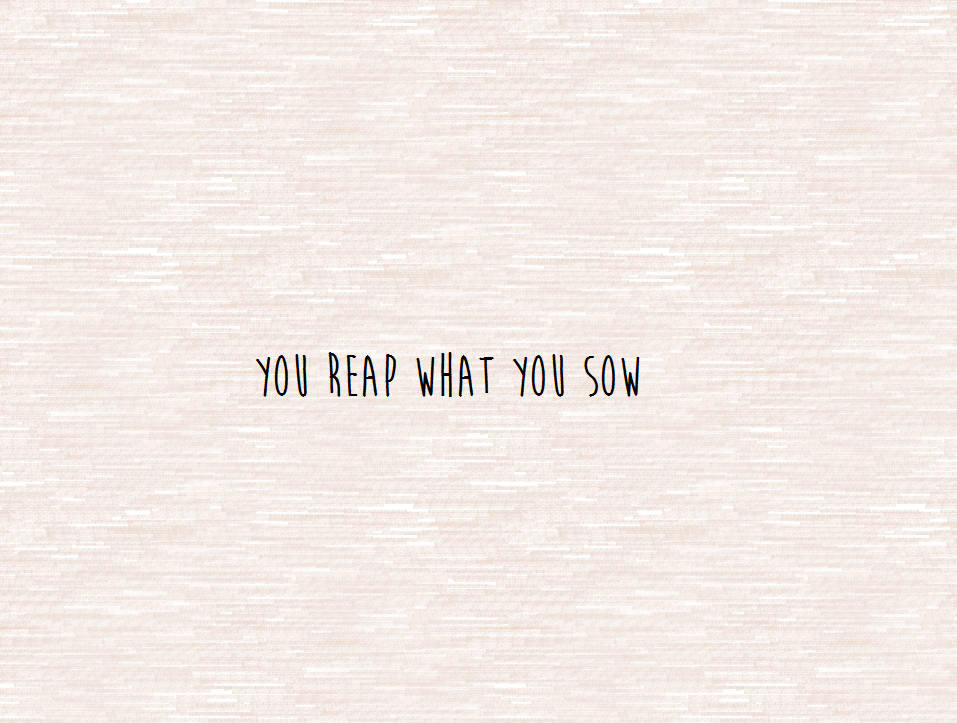
0 Comments